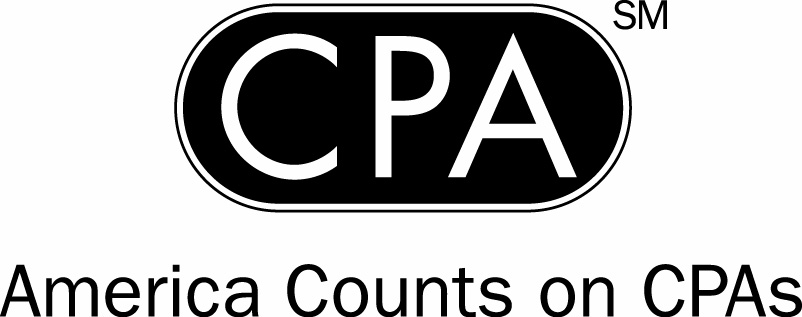PAYROLL FORMS
Forms required for all new hires in Florida are W-4, I-9 and FL New Hire Reporting Form. Employees should complete the Forms, and they should become a part of the employee’s personnel file. You can access them at the links below.
https://www.irs.gov/pub/irs-pdf/fw4.pdf
https://www.uscis.gov/sites/default/files/files/form/i-9.pdf
You can register at the website below to report your new hires online.
https://newhire.state.fl.us/SitePages/home.aspx
You can also report new hires manually by printing the new hire form at the link below and faxing or mailing it.
https://newhire.state.fl.us/SiteAssets/docs/FL_New_Hire.pdf
Fair Labor Standards Act
What records are required?
Every covered employer must keep certain records for each non-exempt worker. The Act requires no particular form for the records, but does require that the records include certain identifying information about the employee and data about the hours worked and the wages earned. The law requires this information to be accurate. The following is a listing of the basic records that an employer must maintain:
- Employee's full name and social security number.
- Address, including zip code.
- Birth date, if younger than 19.
- Sex and occupation.
- Time and day of week when employee's workweek begins.
- Hours worked each day.
- Total hours worked each workweek.
- Basis on which employee's wages are paid (e.g., "$9 per hour", "$440 a week", "piecework")
- Regular hourly pay rate.
- Total daily or weekly straight-time earnings.
- Total overtime earnings for the workweek.
- All additions to or deductions from the employee's wages.
- Total wages paid each pay period.
- Date of payment and the pay period covered by the payment.
How Long Should Records Be Retained?
Each employer shall preserve for at least three years payroll records, collective bargaining agreements, sales and purchase records. Records on which wage computations are based should be retained for two years, i.e., time cards and piece work tickets, wage rate tables, work and time schedules, and records of additions to or deductions from wages. These records must be open for inspection by the Division's representatives, who may ask the employer to make extensions, computations, or transcriptions. The records may be kept at the place of employment or in a central records office.
Timekeeping?
Employers may use any timekeeping method they choose. For example, they may use a time clock, have a timekeeper keep track of employee's work hours, or tell their workers to write their own times on the records. Any timekeeping plan is acceptable as long as it is complete and accurate.
Timesheet examples (ideally, should be signed by employee)
Insert links to timesheet examples here.
Independent Contractor vs. Employee
It is critical that business owners correctly determine whether the individuals providing services areemployeesor independent contractors. Generally, you must withhold income taxes, withhold and pay Social Security and Medicare taxes, and pay unemployment tax on wages paid to anemployee.
Common Law Rules
Facts that provide evidence of the degree of control and independence fall into three categories:
- Behavioral: Does the company control or have the right to control what the worker does and how the worker does his or her job?
- Financial: Are the business aspects of the worker’s job controlled by the payer? (these include things like how worker is paid, whether expenses are reimbursed, who provides tools/supplies, etc.)
- Type of Relationship: Are there written contracts or employee type benefits (i.e. pension plan, insurance, vacation pay, etc.)? Will the relationship continue and is the work performed a key aspect of the business?
Should the business determine that the individual providing a service is not an employee. In many instances a Form 1099-MISC should be provided. If a Form 1099-MISC is to be provided, a Form W-9 will be required.
Form W-9 Contract/Casual Labor
An individual or entity (Form W-9 requester) who is required to file an information return with the IRS must obtain your correct taxpayer identification number (TIN) which may be your social security number (SSN), individual taxpayer identification number (ITIN), or employer identification number (EIN).





.JPG)
.JPG)
.JPG)
.JPG)
.JPG)
.JPG)




